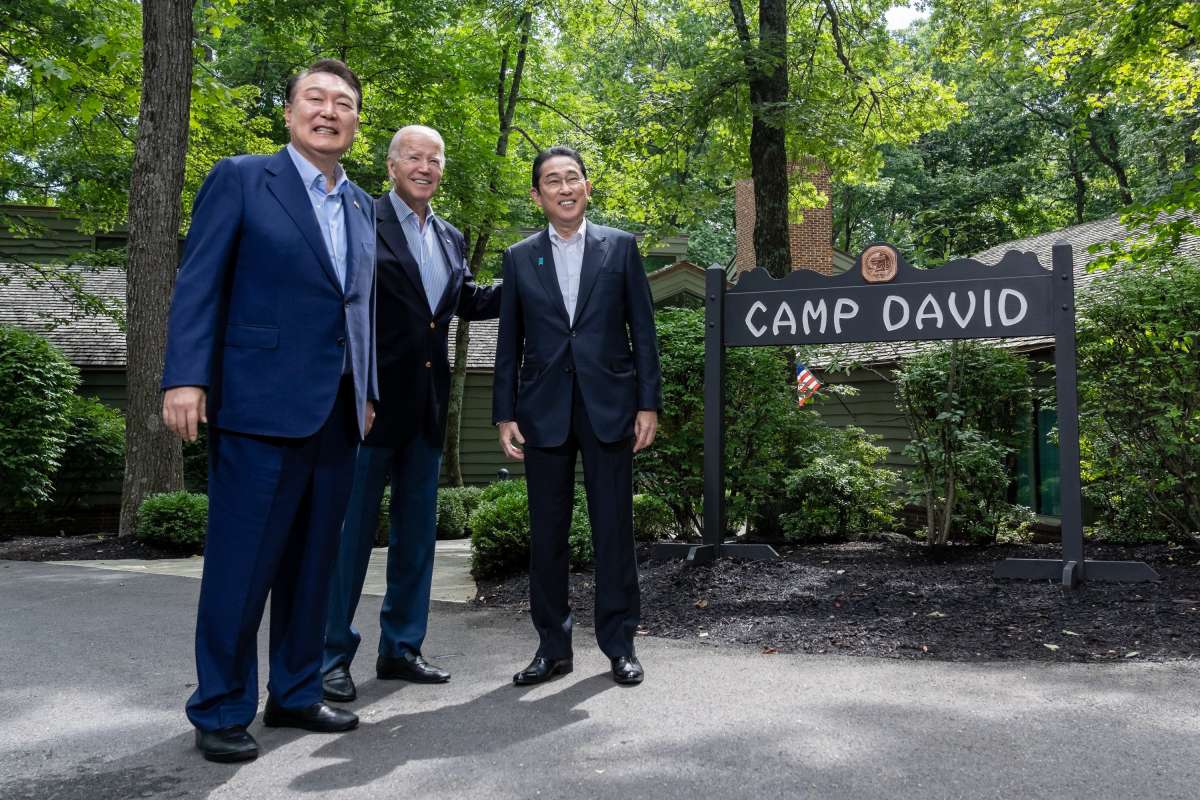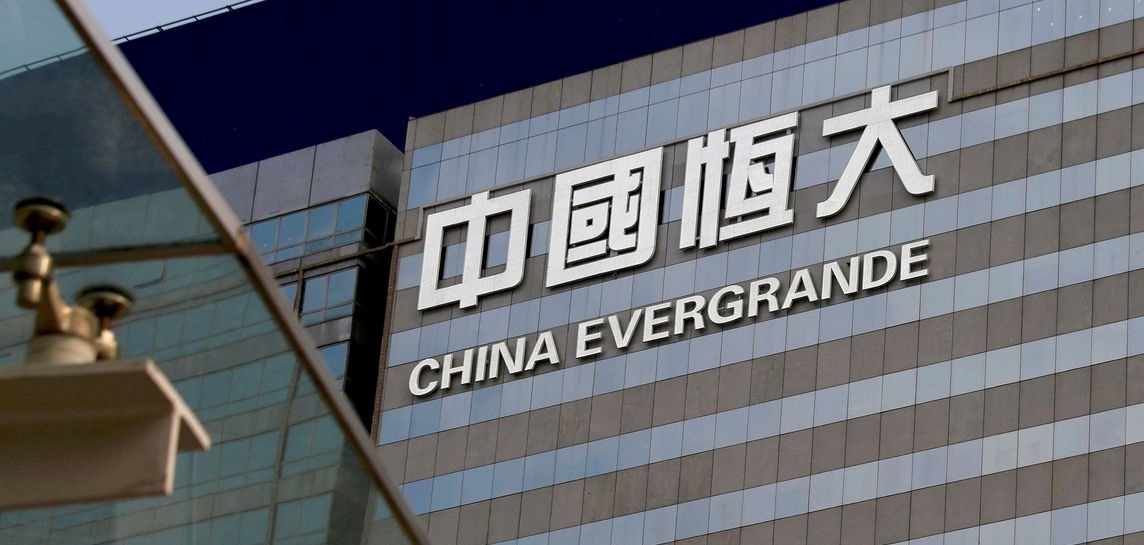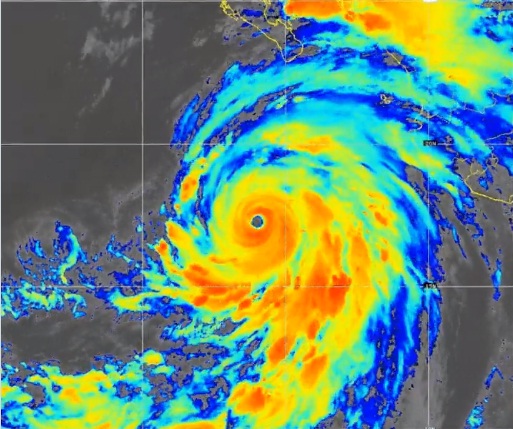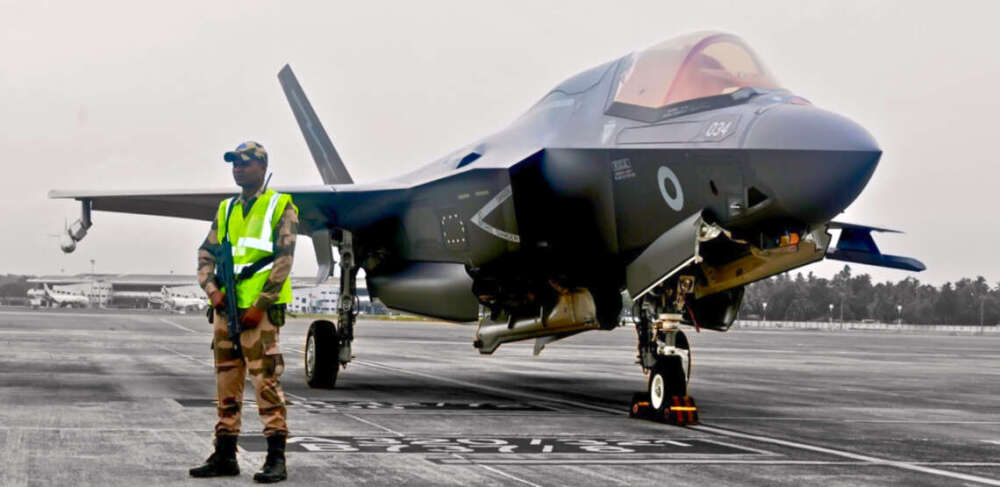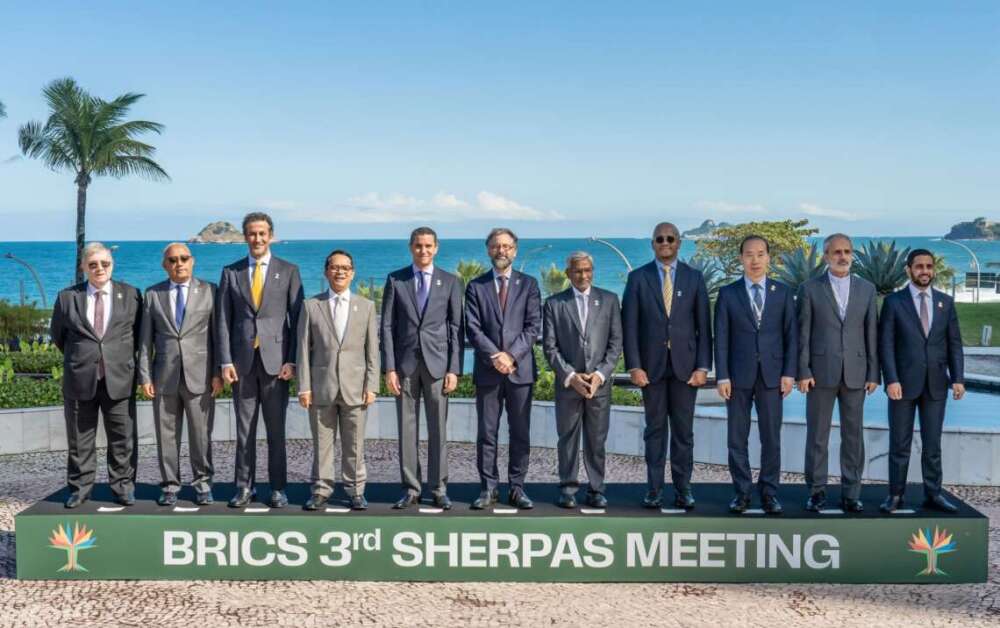After the first-ever trilateral summit between the US, Japan and South Korea, a joint statement was released titled ‘The Spirit of Camp David’ expressing support for their collective alliance.
United States, Japan and South Korea, in a joint statement on Friday, condemned the “dangerous and aggressive behaviour” by China and expressed stern opposition against any attempt to change the status quo in the Indo-Pacific.
After the first-ever trilateral summit between the three countries held in the US, a joint statement was released titled ‘The Spirit of Camp David’ expressing support for their collective alliance.
“Japan, the Republic of Korea, and the United States are determined to align our collective efforts because we believe our trilateral partnership advances the security and prosperity of all our people, the region, and the world,” the statement read.
The three nations expressed commitment to expanding cooperation trilaterally and raising shared ambition to a new horizon across domains and across the Indo-Pacific and beyond.
“We will strengthen our economies, provide resilience and prosperity, support the free and open international order based on the rule of law, and bolster regional and global peace and security, especially as current and incoming members of the United Nations Security Council (UNSC). We will strengthen our coordination on promoting democracy and protecting human rights. And we will enhance strategic coordination between the US-Japan and US-ROK alliances and bring our trilateral security cooperation to new heights,” the joint statement read.
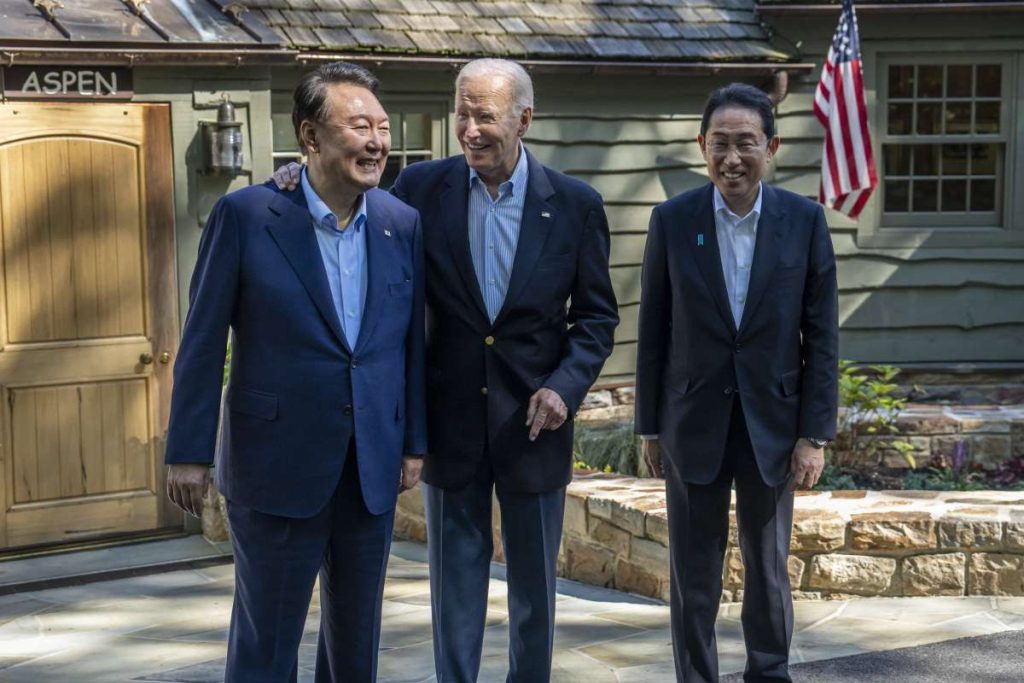
Additionally, the joint declaration by US, Japan and South Korea expressed shared concerns over Chinese actions in supporting unlawful maritime claims in the South China Sea, as well as their strong opposition to any unilateral actions by Beijing aimed at changing the existing situation in the Indo-Pacific waters.
“We share concerns about actions inconsistent with the rules-based international order, which undermine regional peace and prosperity. Recalling the publicly announced position of each of our countries regarding the dangerous and aggressive behaviour supporting unlawful maritime claims that we have recently witnessed by the People’s Republic of China (PRC) in the South China Sea, we strongly oppose any unilateral attempts to change the status quo in the waters of the Indo-Pacific,” the statement read.
They also opposed the militarization of reclaimed features; the dangerous use of coast guard and maritime militia vessels and coercive activities, and further expressed concern about illegal, unreported, and unregulated fishing.
The three countries also reiterated their commitment to peace and stability in the Taiwan Strait, emphasizing that the basic positions on Taiwan remain unchanged, and they called for peaceful resolutions to cross-Strait matters.
“We reiterate our firm commitment to international law, including the freedom of navigation and overflight, as reflected in the UN Convention on the Law of the Sea (UNCLOS). The July 2016 award in the South China Sea arbitration sets out the legal basis for the peaceful resolution of maritime conflicts between the parties to that proceeding. We reaffirm the importance of peace and stability across the Taiwan Strait as an indispensable element of security and prosperity in the international community. There is no change in our basic positions on Taiwan, and we call for a peaceful resolution of cross-Strait issues,” the joint statement added.
They also announced holding the first trilateral meeting between the finance ministers and launching a new commerce and industry ministers track that will meet annually. An annual Trilateral Indo-Pacific Dialogue will also be launched to coordinate the implementation of Indo-Pacific approaches and to continually identify new areas for common action.
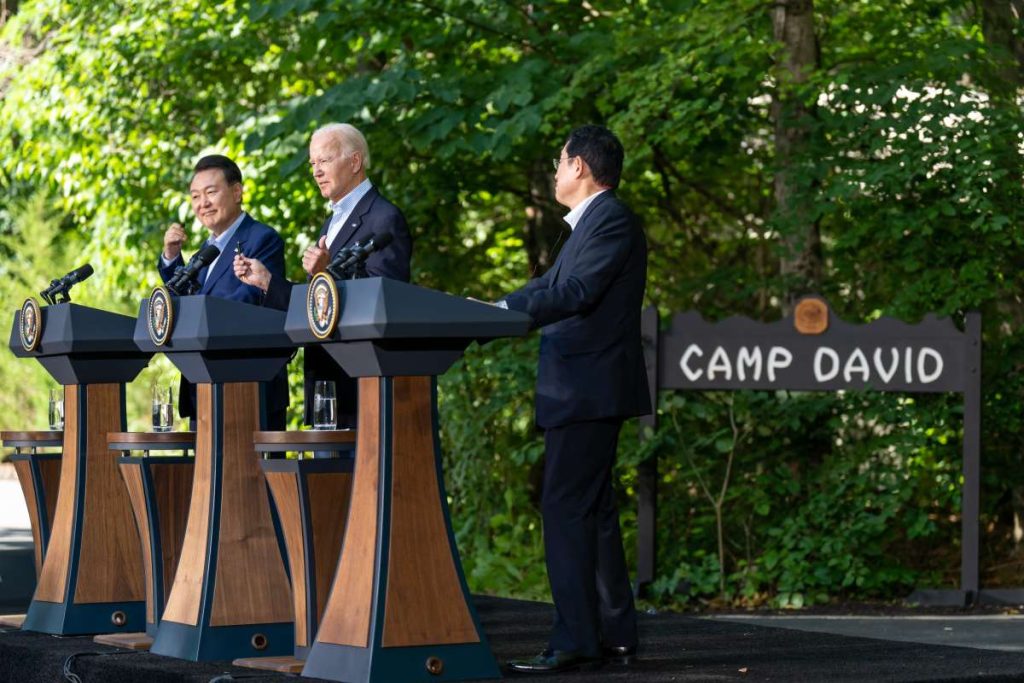
Expressing support for the ASEAN-led regional architecture, the three countries affirmed commitment to working closely with ASEAN partners to support robust implementation and mainstreaming of the ASEAN Outlook on the Indo-Pacific.
US, Japan and South Korea also reaffirmed the commitment towards “complete denuclearization” by North Korea in accordance with relevant UNSC resolutions and urged Pyongyang to abandon its nuclear and ballistic missile programs.
“Furthermore, we reaffirm our commitment to the complete denuclearization of the Democratic People’s Republic of Korea (DPRK) in accordance with relevant UNSC resolutions and urge the DPRK to abandon its nuclear and ballistic missile programs. We call on all UN Member States to fully implement all relevant UNSC resolutions. We strongly condemn the DPRK’s unprecedented number of ballistic missile launches, including multiple intercontinental ballistic missile (ICBM) launches and conventional military actions that pose a grave threat to peace and security on the Korean Peninsula and beyond,” the statement read.
The three countries added that in addition to the security partnership, they will also maintain focus on building robust cooperation in the economic security and technology spheres.
“We are fully committed to continuing to eliminate barriers to economic participation and build diverse, accessible, and inclusive economies in which all our people—including women and marginalized groups—can succeed. We will work to further strengthen our people-to-people ties, including among our young people and students,” the joint statement further read.
They also stated that the trilateral summit marks a “new chapter” in their relationship and the three countries depart from Camp David with a “shared resolve and optimism for the future”.
“Today, we declare that a new chapter in our trilateral relationship has begun. We are aligned in our vision; undaunted in the face of our era’s greatest challenges; and, most of all, united in our belief that Japan, the Republic of Korea, and the United States can meet those challenges together, now and in the future,” the statement added. (ANI)
ALSO READ: China conducts military drills around Taiwan


